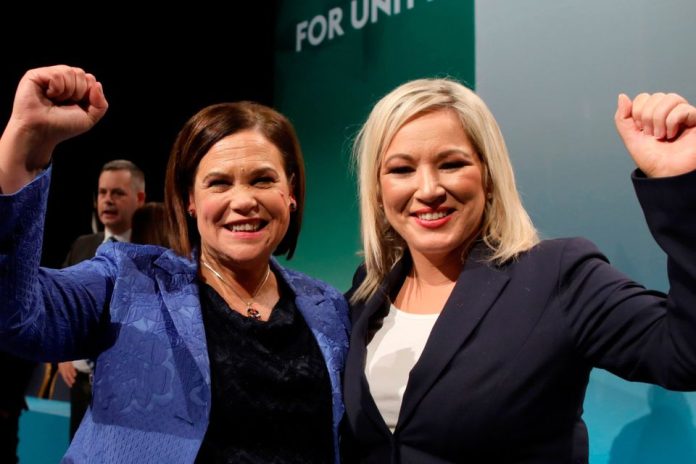Northern Ireland lawmakers were set to elect an Irish nationalist as First Minister for the first time.
Michelle O’Neill’s ascension to the post was the latest sign of the growing popularity of her Sinn Fein party on the island, with the consequence that dreams of a united Ireland may be “within touching distance.”
“Good Morning World,” Sinn Fein President Mary Lou McDonald wrote on X, linking to an article from Irish national broadcaster RTE saying Northern Ireland was set to be the epicentre of a political earthquake.
Anyway, all Northern Ireland politicians are under intense strain to tackle immediate problems after a two-year recess put pressure on already strained public services.
O’Neill and McDonald were not directly involved in the decades-long bloody conflict between Irish nationalists and pro-British unionists, making them the so-called transition to a new generation of Sinn Féin politicians.
Sinn Féin has long been shunned by the political establishment on both sides of the border, mainly because of the Irish Republican Army (IRA). Yet it is now the most popular party in the Irish Republic ahead of next year’s elections.
The referendum on unity is at the discretion of the British government, but still opinion polls consistently show a majority in favour of remaining as part of the UK.
